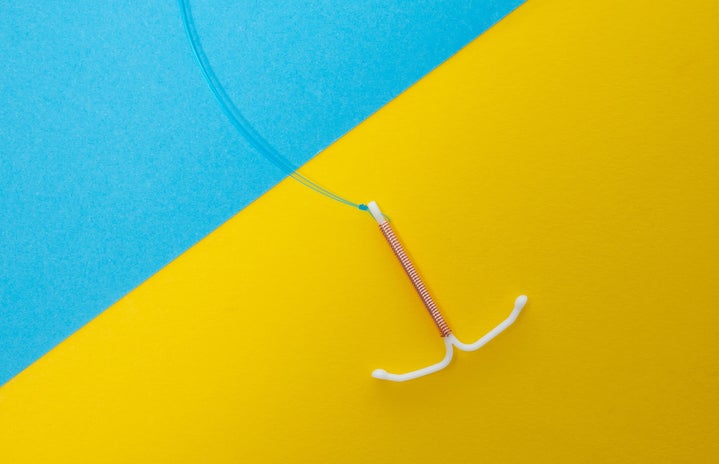When it comes to forms of contraception, I had struggled to find something that works for my body. The arm patch, the pill, an IUD, etc. are all different forms that may or may not work well for different women’s bodies. After being on the birth control pill, specifically Apri, for almost two years, I wanted to get off of it ASAP. I knew it was time to stop taking the pill when it started to negatively affected my mental health. So while I was taking a break from contraception, I looked for what could be better for my body. That’s when I discovered why an IUD might work best for me.
Choosing the right IUD wasn’t easy.
When it comes to getting an IUD (intrauterine device), there are many options to choose from. There are 3-year IUDs and 5-year ones too. The level of hormones also ranges depending on which one you get. I chose to get Kyleena after talking with my doctor. It’s a 5-year IUD with the least amount of hormones for a long-term one. TBH I didn’t even know which IUD I wanted to get even on the day of the procedure, but my doctor was so helpful and talked me through the pros and cons of each one.

It can be removed at any time.
This gave me peace of mind when going through the whole thing. The IUD you choose can be removed at any time, but the longest it can be good for is between the 3-5 year timeline, depending on which one you choose. Putting something in your body, especially in your uterus, can raise a lot of questions. Make sure you talk to your doctor with any that you might have. One thing the nurse told me was to not Google any questions you have, and I think that’s a very good idea.
The procedure itself wasn’t painful for me.
One thing I was nervous about was the actual procedure itself. I had to go into a hospital (which during COVID-19 is not ideal) to get it inserted. One piece of advice I’d pass on is to take any recommended medications your doctor gives you and to take Advil before the procedure too. Your doctor will tell you the specifics (obviously), but definitely take medication because it might be more painful if not. For me, the worst pain I experienced during the procedure felt like a scratch, and then my doctor told me it was over.

The aftermath 101.
While the procedure itself was barely painful, I did experience some side-effects. I had, what felt like, period cramps that lasted for about five days after the procedure. I recommend using a heating pad if you experience this — it really helped me. I also experienced some spotting, even a few weeks out, but it’s nothing too bad.
Before you go ahead with anything when it comes to an IUD, make sure you talk to your doctor and ask all the questions you might have!


